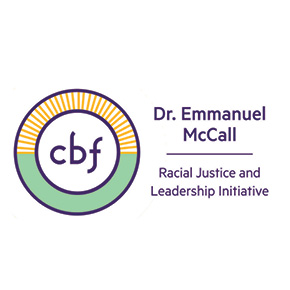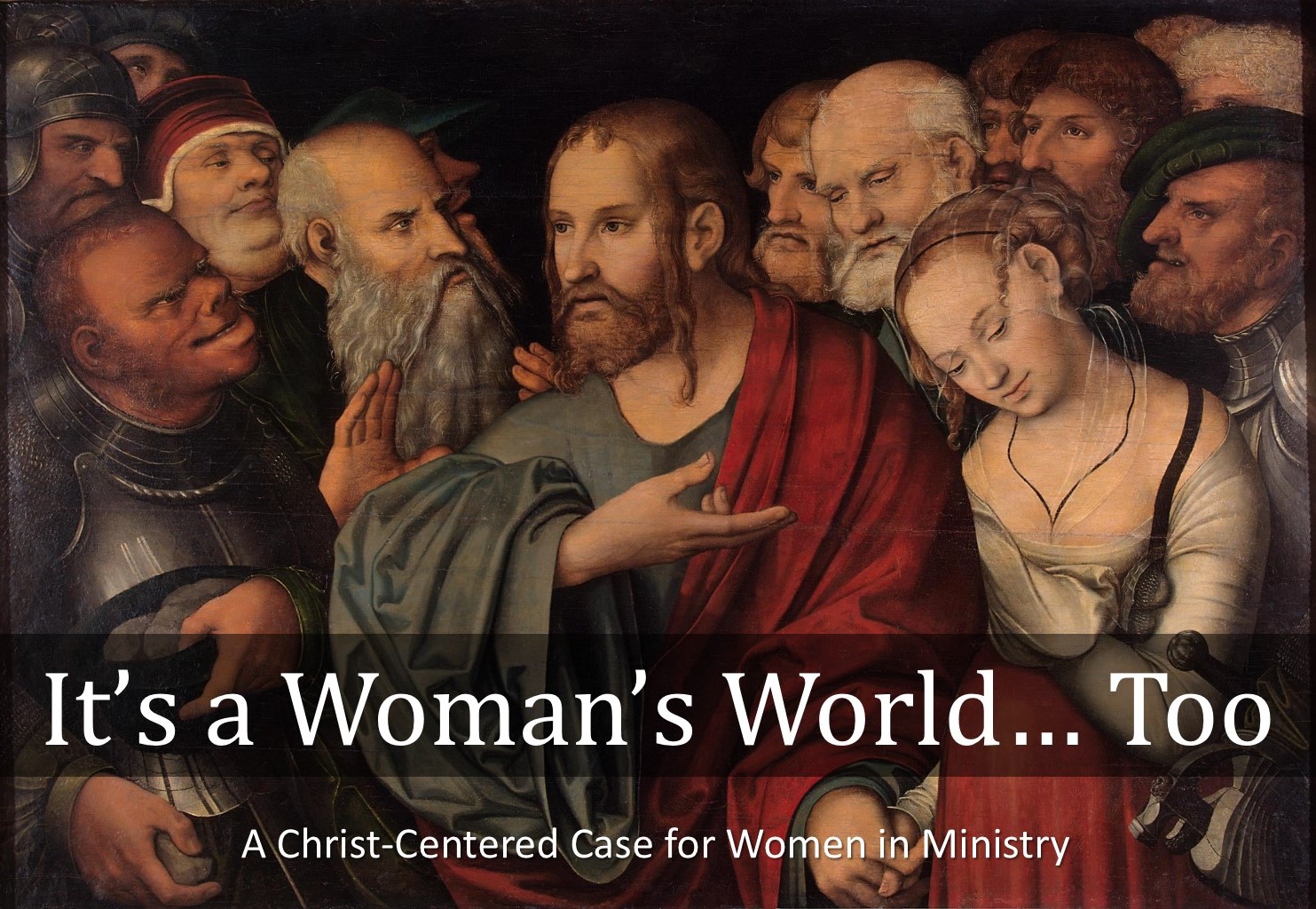...Whoever killed a human being should be looked upon as though he had killed all mankind; and if any one saved a life, it would be as if he saved the life of the whole of mankind...(
Surat Al-Mā'idah (The Table Spread) - سورة المائدة).
The cold-blooded murder of 10 medical aid workers -- six of them Americans -- working in Afghanistan for a Christian group, the International Assistance Mission, has raised new concerns about the safety and viability of Western missionary work in a time of growing resentment among many Muslims toward anything connected to the U.S. or Europe.
American Christian missionaries and even aid workers who, like those representing International Assistance Mission (IAM), do not proselytize, can represent Western imperialism or "crusader" Christianity to militants like the Taliban, which has claimed responsibility for the killings.
The Taliban on Saturday charged that the traveling medical team was "spying for the Americans" and "preaching Christianity" even though the group, which has operated in Afghanistan since 1966, does not preach or seek converts as it delivers medical assistance.
Source:
Taliban's Killing of Christian Aid Workers Could Chill U.S. Missionary Impulse"He knew the laws, he knew the religion. He respected them. He was not trying to convert anybody," Tim Grams said. "His goal was to provide dental care and help people. He knows it's a capital offense to try to convert folks."
Source:
Friends of Slain Doctors Deny They Pushed Religion"We object to this senseless killing of people who have done nothing but serve the poor. Some of the foreigners have worked alongside the Afghan people for decades," the IAM statement said, noting that the charity has worked in Afghanistan since 1966, making it the longest-serving NGO there.
Source:
Militants Kill Medical Aid Workers in Afghanistan-----------------------------------------------------------------------------
Now would be a good time for more non-violent Islamic resistance groups to rise up in protest against the militant fundamentalist factions that have co-opted the normative rule of Islamic faith: peace and submission to Allah (God). Islam has in the past had a history of non-violent resistance groups akin to those within the Christian tradition as
Maulana Wahiduddin Khan says:
Non-violence should never be confused with inaction or passivity. Non-violence is action in the full sense of the word. Rather it is more forceful an action than that of violence. It is a fact that non-violent activism is more powerful and effective than violent activism.
Non-violent activism is not limited in its sphere. It is a course of action which may be followed in all matters.
Whenever individuals, groups or communities are faced with a problem, one way to solve it is by resorting to violence. The better way is to attempt to solve the problem by peaceful means, avoiding violence and confrontation. Peaceful means may take various forms. In fact, it is the nature of the problem which will determine which of these peaceful methods is applicable to the given situation.
Islam is a religion which teaches non-violence. According to the Qur’an, God does not love fasad, violence. What is meant here by fasad is clearly expressed in verse 205 of the second Surah. Basically, fasad is that action which results in disruption of the social system, causing huge losses in terms of lives and property.
Conversely, we can say with certainty that God loves non-violence. He abhors violent activity being indulged in human society, as a result of which people have to pay the price with their possessions and lives. This is supported by other statements in the Qur’an. For instance, we are told in the Qur’an that peace is one of God’s names (59:23). Those who seek to please God are assured by verse 5 of the sixteenth surah that they will be guided by Him to "the paths of peace." Paradise, which is the final destination of the society of God’s choice, is referred to in the Qur’an as "the home of peace" (89:30), etc.
The entire spirit of the Qur’an is in consonance with this concept. For instance, the Qur’an attaches great importance to patience. In fact, patience is set above all other Islamic virtues with the exceptional promise of reward beyond measure. (39:10)
Patience implies a peaceful response or reaction, whereas impatience implies a violent response. The word Sabr exactly expresses the notion of non-violence as it is understood in modern times. That patient action is non-violent action has been clearly expressed in the Qur’an. According to one tradition, the Prophet of Islam observed: God grants to rifq (gentleness) what he does not grant to unf (violence). (Sunan, Abu Dawood, 4/255)
The word rifq has been used in this hadith as an antithesis to unf. These terms convey exactly what is meant by violence and non-violence in present times. This hadith clearly indicates the superiority of the non-violent method.
God grants on non-violence what He does not grant to violence is no simple matter. It has very wide and deep implications. It embodies an eternal law of nature. By the very law of nature all bad things are associated with violence, while all good things are associated with non-violence.
Violent activities breed hatred in society, while non-violent activities elicit love. Violence is the way of destruction while non-violence is the way of construction. In an atmosphere of violence, it is enmity which flourishes, while in an atmosphere of non-violence, it is friendship which flourishes. The method of violence gives way to negative values while the method of non-violence is marked by positive values. The method of violence embroils people in problems, while the method of non-violence leads people to the exploiting of opportunities. In short, violence is death, non-violence is life.
Both the Qur’an and the hadith have attached great importance to jihad. What is jihad? Jihad means struggle, to struggle one’s utmost. It must be appreciated at the outset that this word is used for non-violent struggle as opposed to violent struggle. One clear proof of this is the verse of the Qur’an (25:52) which says: Perform jihad with this (i.e. the word of the Qur’an) most strenuously.
The Qur’an is not a sword or a gun. It is a book of ideology. In such a case performing jihad with the Qur’an would mean an ideological struggle to conquer peoples’ hearts and minds through Islam’s superior philosophy.
In the light of this verse of the Qur’an, jihad in actual fact is another name for peaceful activism or non-violent activism. Where qital is violent activism, jihad is non-violent activism.
....................
The greatest problem facing Islam today is, as I see it, that Muslims have almost totally forgotten the sunnah (Prophet’s way) of non-violence. In latter times when the Ottoman and Mughal empires disintegrated and problems like those besetting Palestine have had to be confronted by the faithful, Muslims all over the world have fallen a prey to negative reaction on a colossal scale; they have failed to remember that the policy of Islam is not that of violence but of non-violence. It is the result of this deviation, that despite almost a 100-years of bloody wars, Muslims have achieved no positive gain. Rather whatever they already had has been lost by them.
According to Imam Malik, later generations of this Ummah (Muslim community) settled matters at issue in the same way that earlier generations had done, i.e. non-violent methods. Similarly, Muslims of modern times must likewise resort only to non-violent methods. Just as no gain could accrue from violent methods earlier, no gain can accrue from violent methods today.
The state of affairs of Muslims in modern times resembles that which prevailed at the time of Hudaybiya. Today once again — only on a far larger scale — this hamiyat al-jahiliya prejudices prevailing in pre-Islamic Arabia (48:28) is being displayed by the other party. In the first phase of Islam its solution lay in Muslims sedulously avoiding an equivalent display of prejudice, and in holding firmly kalema at-taqwa they became entitled to the succor of God and were granted a clear victory (48:26).
At the time of the Hudaybiya peace treaty, the Quraysh, who had secured the leadership of Arabia, were bent on waging war. The Kaaba was in their possession. They had expelled the Prophet and his companions from their home town. They had taken possession of Muslims’ homes and other properties, and spared no effort in disseminating negative propaganda against Islam.
Given this state of affairs, there were only two options before the believers. One was to attempt to put an end to tyranny and launch an outright war on the other party in the name of securing their rights. The result of such a move would certainly have been further loss in terms of lives and property.
The second option was to remain patient in the face of immediate loss, be it political or material, and, in spite of the losses avail of whatever opportunities are already available. The Prophet of Islam and his companions chose this second course. The result was that in just a few years time the entire history of Arabia was altered for the better by an Islamic revolution.
The same state of affairs is widespread in modern times. Although today Muslims have suffered great losses, political and material, at the hands of other nations, there still exist a great number of opportunities only for self-betterment and for dawah work on a far larger scale. If availed of wisely, we can rewrite the history of Islam in magnificent terms.











